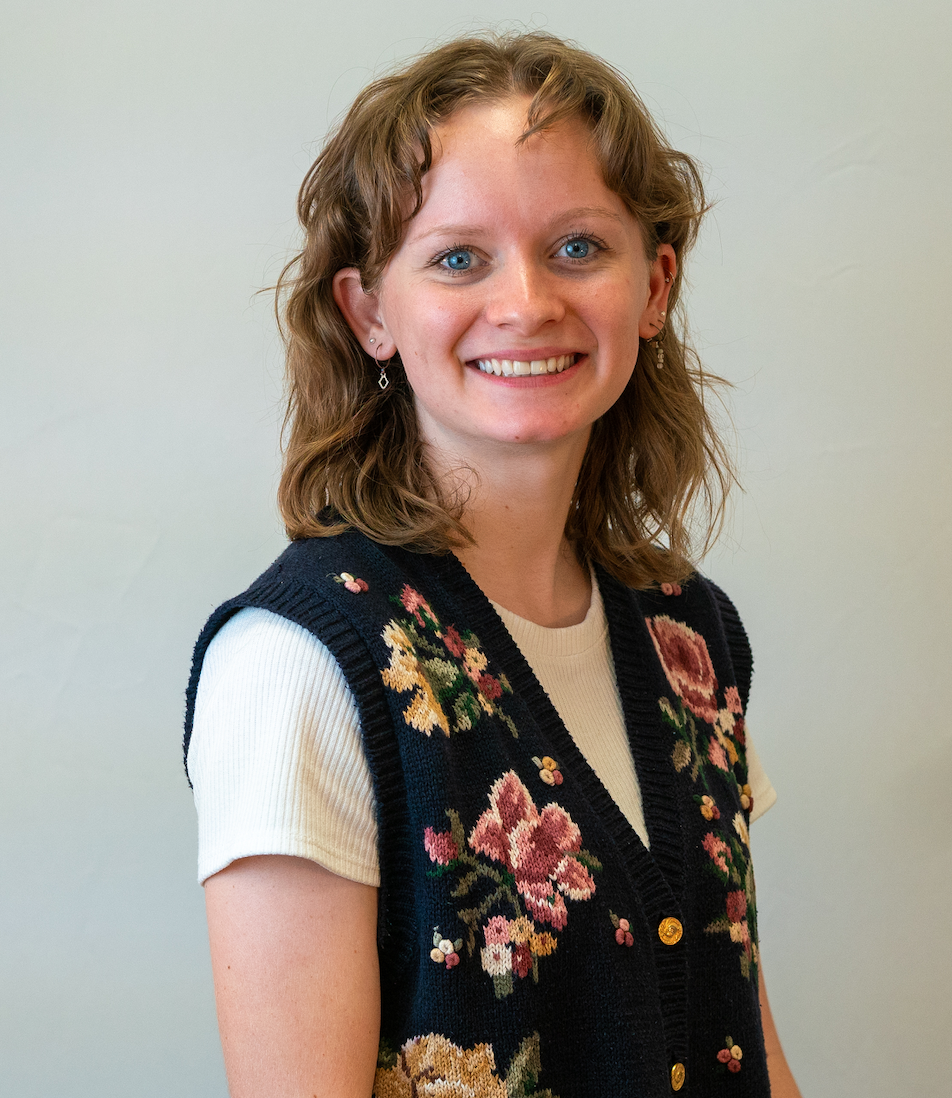Written by Tiane Davis
A couple of weekends ago I got to see Alanis Morissette perform at the Format Festival in Bentonville, Arkansas. After years of leaning on her music to deal with so many difficult emotions, seeing her walk on stage with her opening song, “All I Really Want,” was like finally meeting a person I knew but hadn’t met yet.
Most of her performance consisted of songs from her record-breaking album “Jagged Little Pill,” which she released in 1995 after her breakup with Ryan Reynolds.
I made sure to look up her usual setlists before the concert, and I waited for her to sing “You Oughta Know ” so I could follow every lyric and hear every emotion in her voice. When I was in high school, I always listened to that song any time I was mad at the world. It is a song explaining every reason why she felt hurt about a recent breakup, how things weren’t fair, how she hoped he was happy, etc. I knew it would mean something to me when she sang it, even if I may not have felt the same level of anger she felt when she wrote it.
I waited for her to perform it, but she never did. Whether she skipped her Billboard-breaking song on purpose or if the weather alert that night forced her to cut her show short, I like to think this set choice went deeper than the thunderstorm that was headed our way.
The Alanis who wrote that iconic angry breakup song in 1995 was a different Alanis than the one who exists today. The present-day Alanis, though she still has anger like any human being, is a mother of three children she loves — a woman with a strong marriage and a different body than when she was 20 — and she is proud of it. She no longer puts her focus on anger and the way the world has hurt her, but rather, the way she has grown and ways she can say “thank you” to everything and everyone who has kept her alive.
She closed the set with her 1998 #1 hit “Thank U,” and as I heard the opening chords, I knew I wanted to remember it forever. “Thank U” is a song about Alanis’ trip to India when she took a break from writing and performing. In it, she sings a list of important things in her life — good and bad — that she realizes have made her who she is today:
“Thank you India / Thank you terror / Thank you disillusionment,” etc.
She chose that song to end the night for a reason: Rather than making a point to end the day with anger, she made a point to be thoughtful and show gratitude for everything in her life that has shaped her into the woman she is today.
When I listen to “You Oughta know,” I am reminded of the angry 17-year-old Tiane who blamed everyone for her pain. She played it on repeat but never got a feeling of resolve. It helps a little bit sometimes to just scream in my car, but what really changes things at the end of a hard day is when I can put my head on my pillow without any anger in my heart.
When I listen to “Thank U,” I am reminded to focus on all the good and thank those who have encouraged my bravery. Every time I have hit rock bottom, someone or something has helped bring me out of it, and a simple “thank you” shows that I can take responsibility for my life and future.
A “thank you” means, “This was something that I should have done myself, so I appreciate your help.” A “ thank you,” means, “you didn’t have to do that, but you did.” It means, “I am responsible for how my life turns out, so it means a lot that you helped me when I wasn’t in the right place to help myself.” Just saying “thank you” to anything and anyone often gives me a reason to keep going — a reason for me to think that I am strong enough.
Anger has its place, but as soon as we can take control of it and put that energy into ways we can make our lives better, it is easier to feel strength during hardship.
